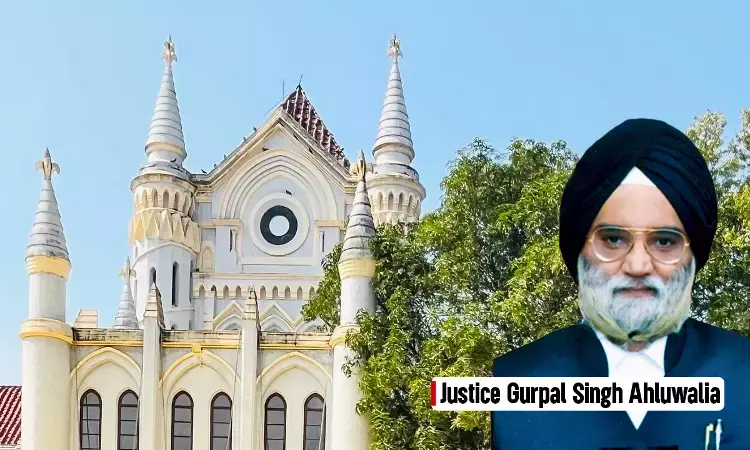Courts Cannot Supervise Police Investigations Or Order Arrests: Madhya Pradesh High Court
Siddhi Nigam
29 July 2024 10:43 AM IST

Next Story
29 July 2024 10:43 AM IST
The Madhya Pradesh High Court has dismissed a petition seeking its intervention in the investigation of a criminal case. Justice GS Ahluwalia emphasized that courts cannot supervise police investigations or direct the arrest of accused persons, adding that such matters fall within the exclusive domain of the investigating authorities.The case stemmed from a writ petition filed by Jyotsna...
